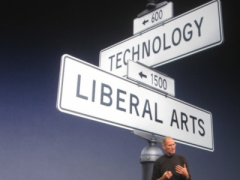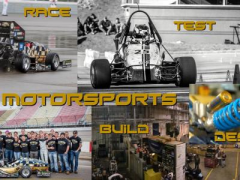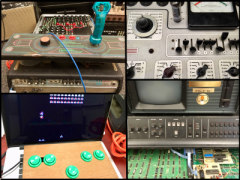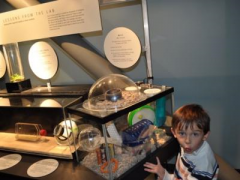The Institution
Georgia Institute of Technology is committed to improving the human condition through advanced science and technology. With more than 100 centers focused on interdisciplinary research, Georgia Tech consistently contributes vital research and innovation to American government, industry, and business. Georgia Tech provides a focused, technologically based education to both undergraduate and graduate students.
The Program
The VIP Program at Georgia Tech builds upon multidisciplinary and vertically integrated teams. The site has achieved high team longevity through the integration of VIP teams into instructors’ research, with teams making meaningful contributions to instructors’ research efforts. Program-level initiatives include retrospective analysis of peer evaluations to understand team dynamics, and to identify patterns across the program and areas for improvement; and development, documentation and dissemination of faculty professional development tools, workshops and resources. Georgia Tech spearheaded the establishment of the VIP Consortium, with the ultimate goal of transforming undergraduate education. As the lead organization, Georgia Tech seeks to continue expanding the consortium, to establish the organization as an independent body with active engagement between member institutions, and to cultivate a community of collaboration. As contributing members, Georgia Tech has developed the consortium webpage, is working to disseminate peer-evaluation tools, developing professional development tools, workshops and resources, and developing an online sharing portal for Consortium members.









